Planets (junior)
Where can I find information about planets?
(Years 1-4)
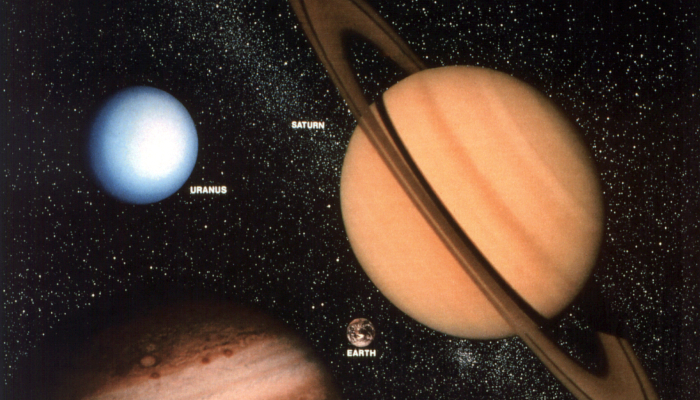
Image: Giant Planets -2 (4089198369) by Lunar and Planetary Institute from Houston, TX, USA on Wikimedia Commons.
Entry last updated: 19/08/25
Introduction
Planets are round objects that move in circles around stars. There are 8 planets in our solar system (including Earth), and 5 dwarf planets. These planets move around our star, which we call the Sun.
The planets
Here is a list of planets in our solar system.
Mercury: Closest to the Sun, this planet gets both very hot and very cold.
Venus: The brightest planet in the solar system.
Earth: The third planet from the Sun and our home - it's unique in many ways.
Mars: Sometimes called the ’red planet’ because it’s tinted red by rusty iron.
Jupiter: The largest planet, more than 300 times larger than the Earth.
Saturn: The second largest planet, which is surrounded by rings.
Uranus: The seventh planet from the sun, with 28 moons (that we know of).
Neptune: The planet farthest away from the sun.
Dwarf planets: Pluto, Ceres, Eris, Makemake and Haumea.
General websites
These websites will help you find out about the planets in our solar system.
This website has been created for kids by NASA. It includes interesting articles, fun games and activities to do.
Go to the Solar System image at the top of the page.
Choose one of the floating planets under the Solar System heading.
Or you can scroll down the page to see lots of articles about planets, like All About Jupiter.
The European Space Agency also has a great website for learning about different planets.
Open the Learn tab at the top of the page.
Select The Solar System and its planets.
Go down the page to find links about each planet.
This is a YouTube playlist from SciShow Kids. It has lots of videos about space and the solar system, including planets.
Go down the list to see all the videos.
Choose one to watch, like Should We Go To Mars?.
Books
You will find books about planets in your school library or public library. Here are some titles to help you begin your search:
Meet the planets by Caryl Hart.
Planets by Rebecca Baines.
A rover's story by Jasmine Warga.
Life on Mars by Jon Agee.
Pluto! : not a planet? not a problem! by Stacey McAnulty.
SCIS no. 5414477
Topics covered
Related content
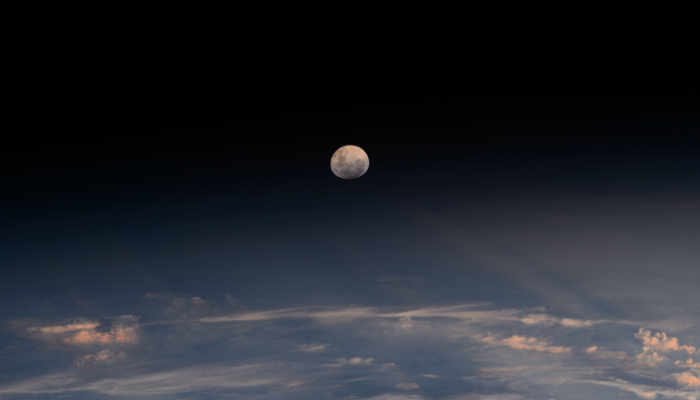
Space (junior)
Where can I find information about space?
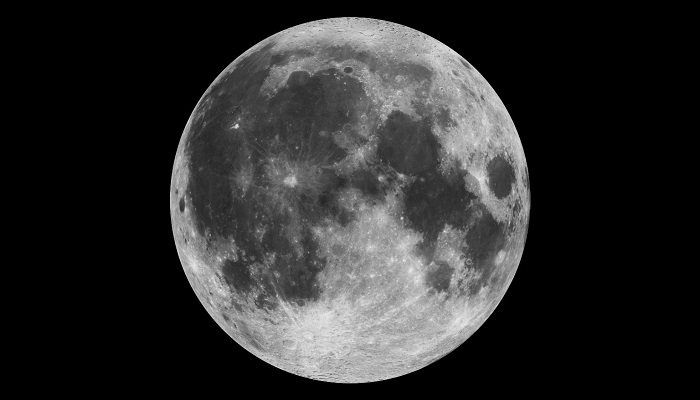
Moon
Where can I find information about the moon?
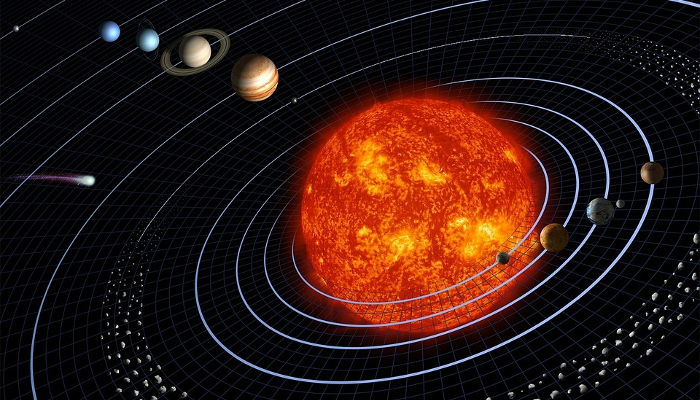
Sun (junior)
Where can I find information about the Sun?
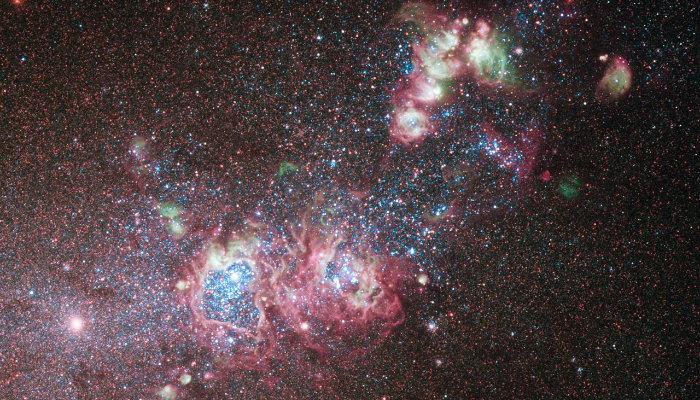
Stars (junior)
Where can I find information about stars?
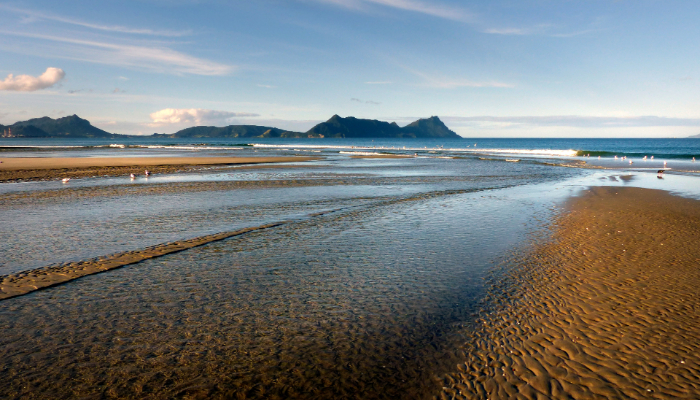
Tides (junior)
Where can I find information about tides?
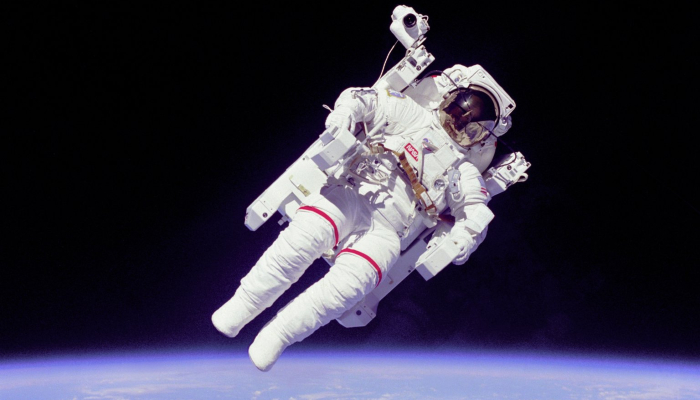
Space exploration
Where can I find information about space exploration?
